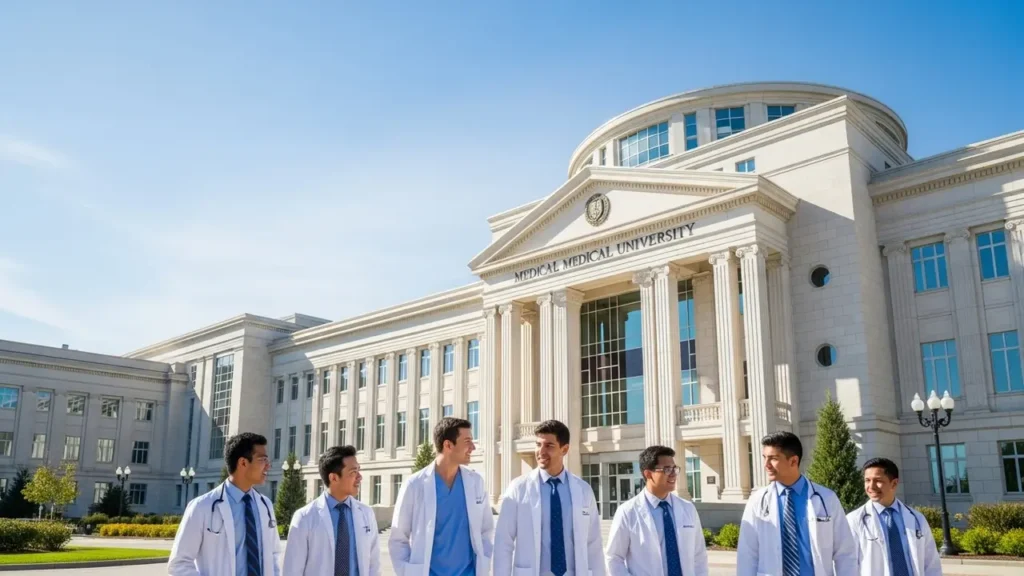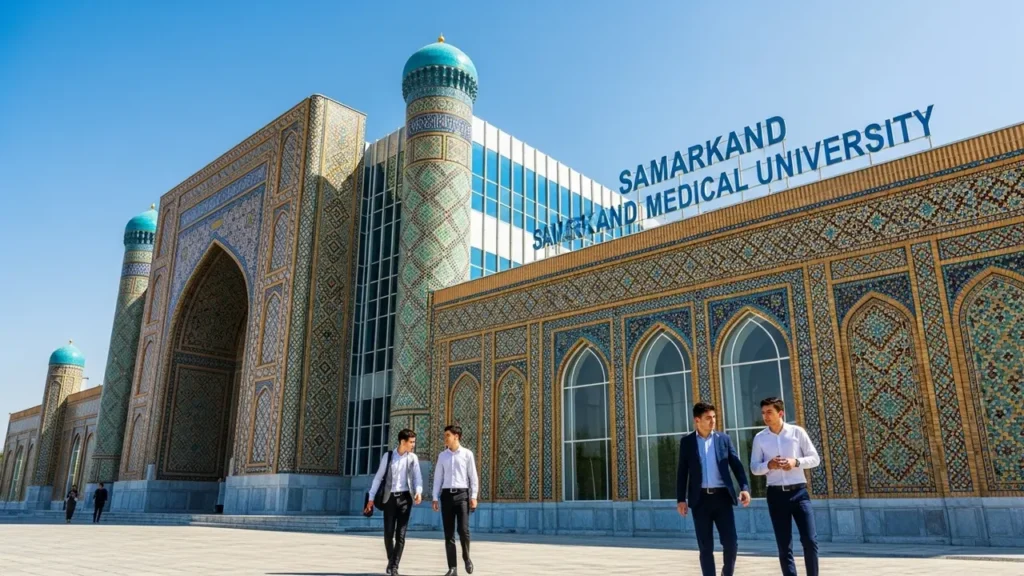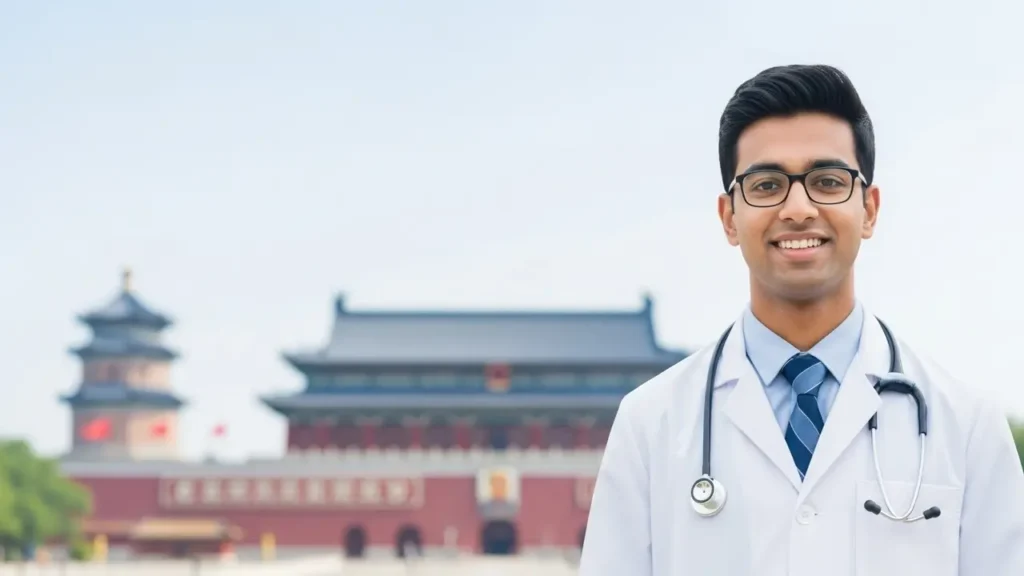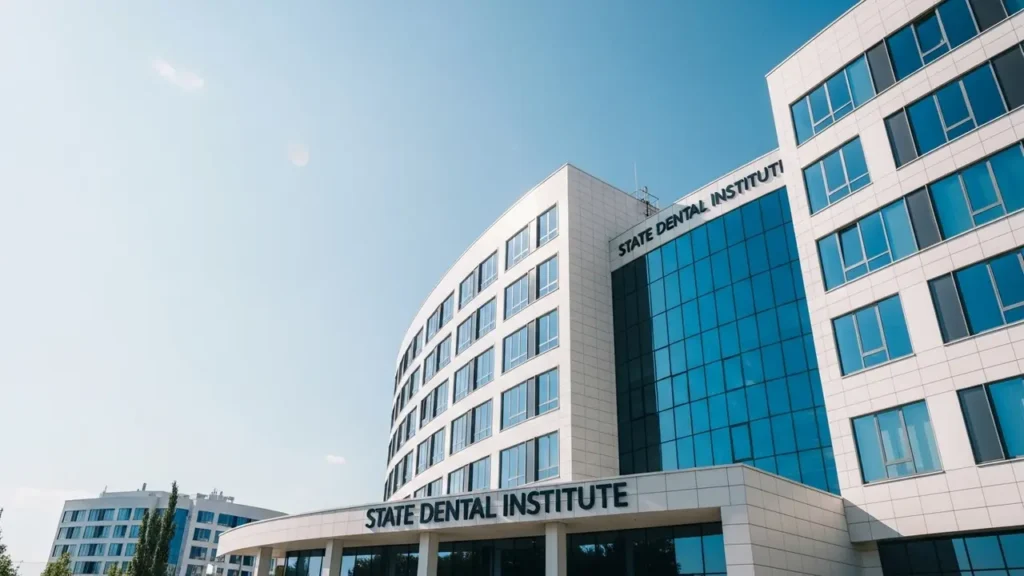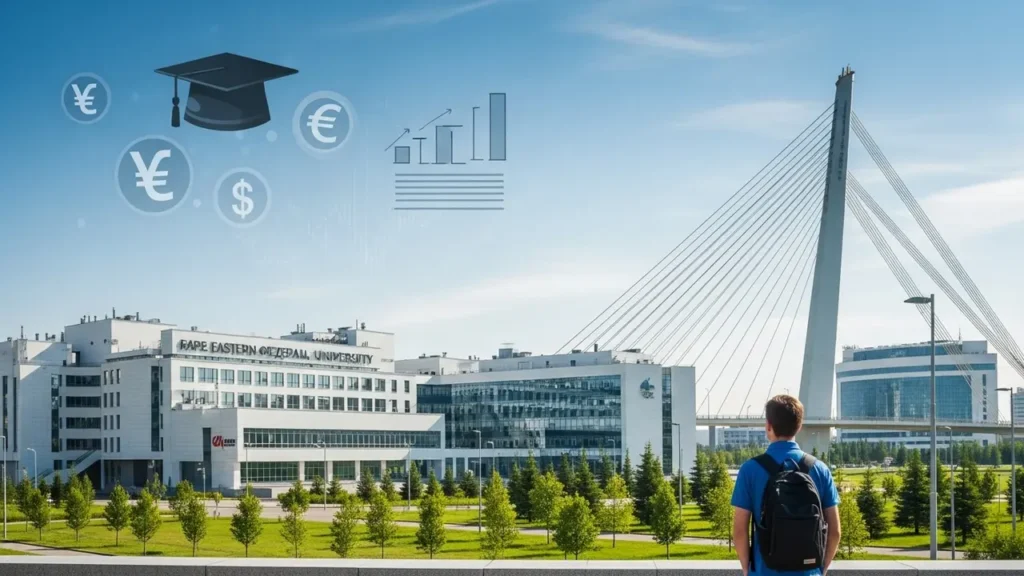Your Doctor Dream Doesn’t Have to Break the Bank
Let’s get real for a minute. You’ve got that fire to heal people – to save lives. But between sky-high tuition and cutthroat competition, becoming a doctor feels like climbing Everest in flip-flops. Sound familiar? I had a cousin who nearly quit before even applying because the numbers just didn’t add up. Then she discovered something most pre-med students never hear about…
Why Smart Students Are Choosing Russia
Here’s the scoop: Russia’s medical schools are like that awesome hole-in-the-wall restaurant only locals know about. Great quality, half the price. We’re talking full MBBS degrees starting at $3k/year. Let that sink in – that’s cheaper than some US community colleges.
Three big wins here:
- No “donation” fees or capitation charges
- Admission based on your grades, not just one make-or-break exam
- World Health Organization recognition (your degree works globally)
Last month I chatted with Priya, a third-year from Mumbai. She told me: “My Russian professors actually remember my name. Back home, I’d be desk #47 in a 300-person lecture hall.”
Cutting Through the Red Tape
Application stress is real. Here’s your cheat sheet:
- Get those high school transcripts ready (PCB with 50%+ minimum)
- Pass NEET – gotta check that box for Indian students
- Pick your city (Pro tip: Kazan’s cheaper than Moscow)
Watch out for: Some agencies charge extra for “guaranteed admission.” Real talk? You can apply direct. Universities post their requirements online in plain English.
When Rubles Make Sense
Let’s crunch numbers:
- Tuition: $3,000-$6,000/year
- Hostel: $25-$40/month (yes, really)
- Borscht dinner: $1.50
Compare that to $20k+/year elsewhere. Makes those student loans look less scary, right?
Winter Isn’t Coming (If You’re Prepared)
Is Russia cold? Sure. But don’t let that freeze your plans. Most campuses have:
- Heated dorms
- Indoor sports complexes
- 24/7 libraries (those all-night study sessions hit different at -10°C)
Sophomore student Raj shares: “First winter shocked me. By year two? I was the one teaching newbies how to layer properly. Now I actually miss the snow!”
Your Degree in Action
Graduating is just the start. Here’s what comes next:
- Pass the NMC screening test (your Russian syllabus covers 90% of this)
- Complete internship – do this in India or Russia
- Specialize if you want (PG seats are easier to get post-Russia degree)
Pro move: Start prepping for licensing exams in Year 5. Those anatomy drills will pay off.
FAQs Solved
- Can I work while studying?
- Legally? No. But most unis help with paid hospital internships later.
- What if I hate snow?
- Southern cities like Astrakhan hit 30°C in summer. Pack sunscreen!
- Is Russian language hard?
- First year’s tough. By Year 3, you’ll be joking with patients. Free classes help.
Truth Bomb Time
Is this path perfect? No. You’ll face language barriers, homesickness, and cafeteria food that makes hostel mess look gourmet. But if you want this bad enough? Russia’s not just a backup plan – it’s a secret weapon. Your future patients won’t care where you studied. They’ll just be grateful you became their doctor.
Still on the fence? Do this right now: Google “MCI approved Russian universities.” The first page alone will show 15+ options. Your white coat’s waiting.

